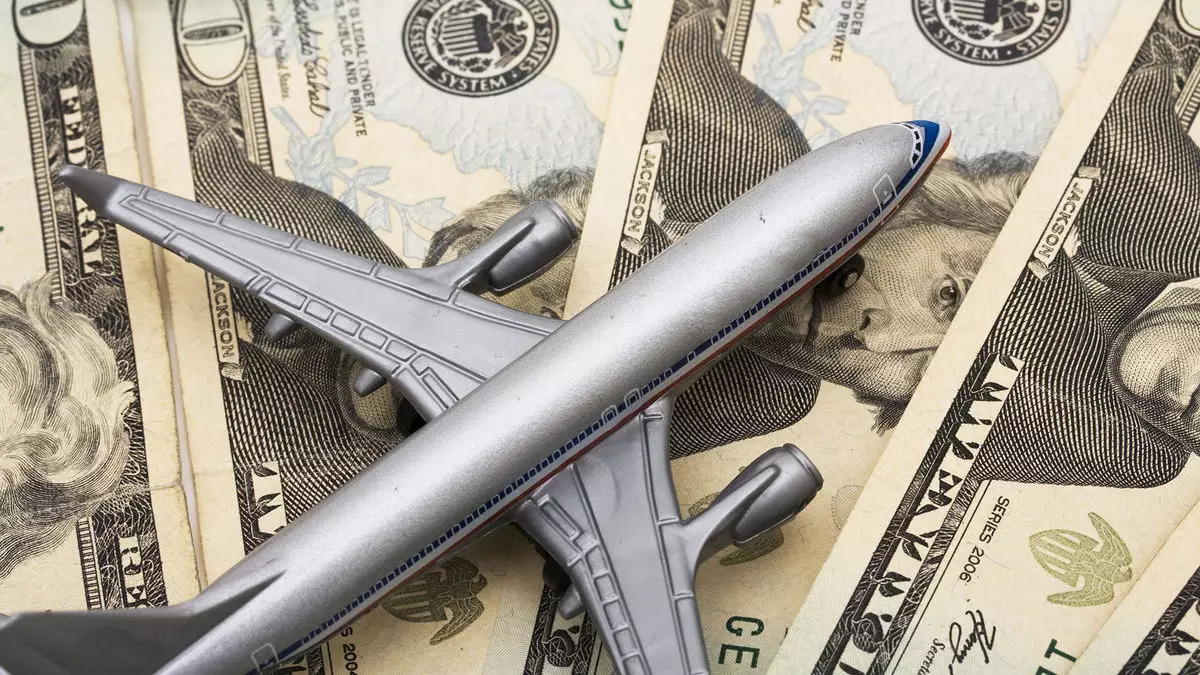The recently finalized refund regulations by the Department of Transportation (DOT) have sparked strong reactions from both airlines and consumer groups. These regulations aim to enhance consumer protection in the airline industry, but they have also raised concerns among industry stakeholders. The impact of these new rules is significant and will reshape the way airlines handle refunds and communicate with passengers.
The airline industry has been critical of the DOT’s new refund rules. Airlines for America (A4A), a trade group representing major airlines, has expressed concerns that these regulations will lead to confusion for consumers, limit consumer choice, and decrease competition. A4A argues that a one-size-fits-all approach to refund regulations is anticompetitive and goes against consumer interests. The trade group believes that the new rules, combined with other recent DOT regulations, will hinder airlines’ ability to compete based on service differentiation.
On the other hand, consumer advocates have welcomed the new refund regulations as a significant step towards improving passenger rights. Bill McGee, a senior fellow for aviation and travel at the American Economic Liberties Project, described the DOT’s new rule as a “watershed moment for passenger protection in the airline industry.” McGee highlighted the long-standing issue of airlines making it difficult for passengers to obtain refunds and praised the DOT for taking action to address this challenge.
One of the key provisions of the new refund regulations that has drawn criticism is the merchant-of-record provision. This rule holds ticket agents responsible for issuing refunds if they are the merchant of record, even if the airline has possession of the funds. The American Society of Travel Advisors (ASTA) has raised concerns about the potential financial burden this provision may place on travel agencies, particularly in cases of group travel bookings. ASTA estimates that a significant percentage of air ticket purchases are made through agents acting as merchants of record, making them vulnerable to financial liabilities.
While airlines have raised concerns about the impact of the refund regulations on competition, industry experts believe that these rules will ultimately benefit both consumers and airlines. Mario Matulich, president of Customer Management Practice, highlighted the importance of transparency in customer experience and how it can positively impact airlines’ bottom line. Matulich emphasized that companies that prioritize customer satisfaction and transparency tend to perform better in the long run. He also noted that the new refund rules will not dampen competition but rather set new standards for how airlines compete and differentiate themselves.
The DOT’s new refund regulations mark a significant shift in the airline industry’s approach to handling passenger refunds. While airlines have expressed reservations about the impact of these rules on competition and operational flexibility, consumer advocates view them as a necessary step towards enhancing passenger rights and transparency. The merchant-of-record provision has raised concerns among travel agencies, highlighting the need for further clarification and potential remedies from Congress. Ultimately, these regulations have the potential to reshape the airline industry’s refund policies and improve the overall customer experience.

